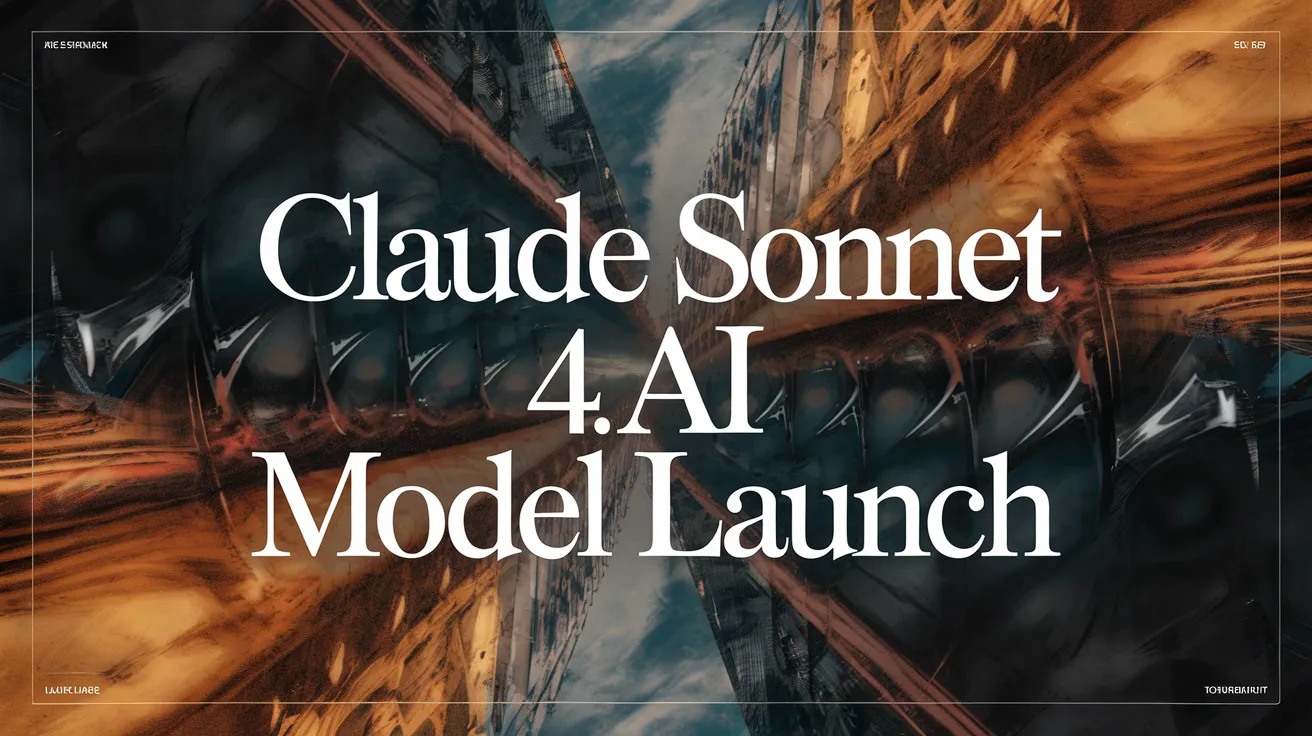Claude Sonnet 4.5 AI Model Launch

On September 29, 2025, Anthropic announced the launch of Claude Sonnet 4.5, its latest artificial intelligence model designed to better accommodate coding and meet practical business needs. Company representatives emphasized that this model excels in specialized fields such as cybersecurity, finance, and research, thereby enhancing its utility across various industries.
Anthropic, bolstered by Amazon’s backing and valued at $183 billion, declared Claude Sonnet 4.5 to be the “best coding model in the world,” based on industry benchmarks, including SWE-bench Verified, which evaluates AI systems’ coding capabilities. Jared Kaplan, Anthropic’s co-founder and chief science officer, remarked in a CNBC interview that users find it enjoyable to work with the model, describing it as smarter and more of a colleague.
This new model generates higher-quality code, demonstrates improved aptitude for identifying code improvements, and follows instructions with greater reliability. Claude Sonnet 4.5 builds on the earlier models launched by the company this year: Claude Opus 4.1 in August and Claude Sonnet 4 in May. This marks a notable development amid the rapid innovation pace characterizing the AI industry.
The competitive landscape remains intense, particularly with OpenAI, another major player in the AI field founded by former members of Anthropic. Following OpenAI’s release of the ChatGPT chatbot in 2022, the company saw its valuation surge to $500 billion. However, the rollout of OpenAI’s latest model, GPT-5 in August, was not without hiccups, as some users reported losing access to earlier models.
Mike Krieger, Anthropic’s chief product officer, highlighted that Claude Sonnet 4.5 will become the default model for users, urging it for essentially every use case, while still allowing options for paid subscribers who may wish to stick with older models for specific workflows. Ultimately, Claude Sonnet 4.5 is smaller than its predecessor, Claude Opus 4.1, yet smarter in virtually every metric.
Another significant improvement is Claude Sonnet 4.5’s autonomy. It can operate independently for up to 30 hours, maintaining focus on complex tasks, a notable upgrade from Claude Opus 4, which could only sustain itself for seven hours. This enhanced capability positions the model as a valuable tool for professionals requiring sustained effort on challenging projects.
In addition to performance enhancements, safety training has played a crucial role in this model’s development, reducing concerning behaviors such as deception, power-seeking, and sycophancy—actions where the model might tell users only what they want to hear. Furthermore, Claude Sonnet 4.5 is reportedly more resilient against prompt injection attacks, which can compromise model integrity by tricking it into executing harmful commands.
This leap in safety measures represents the most significant improvement seen in the last year, according to Kaplan. As Anthropic continues to refine its offerings, future model releases are anticipated, with Kaplan hinting at likely forthcoming versions, including improvements to the Opus line, although he stressed that no promises could be made regarding timelines.